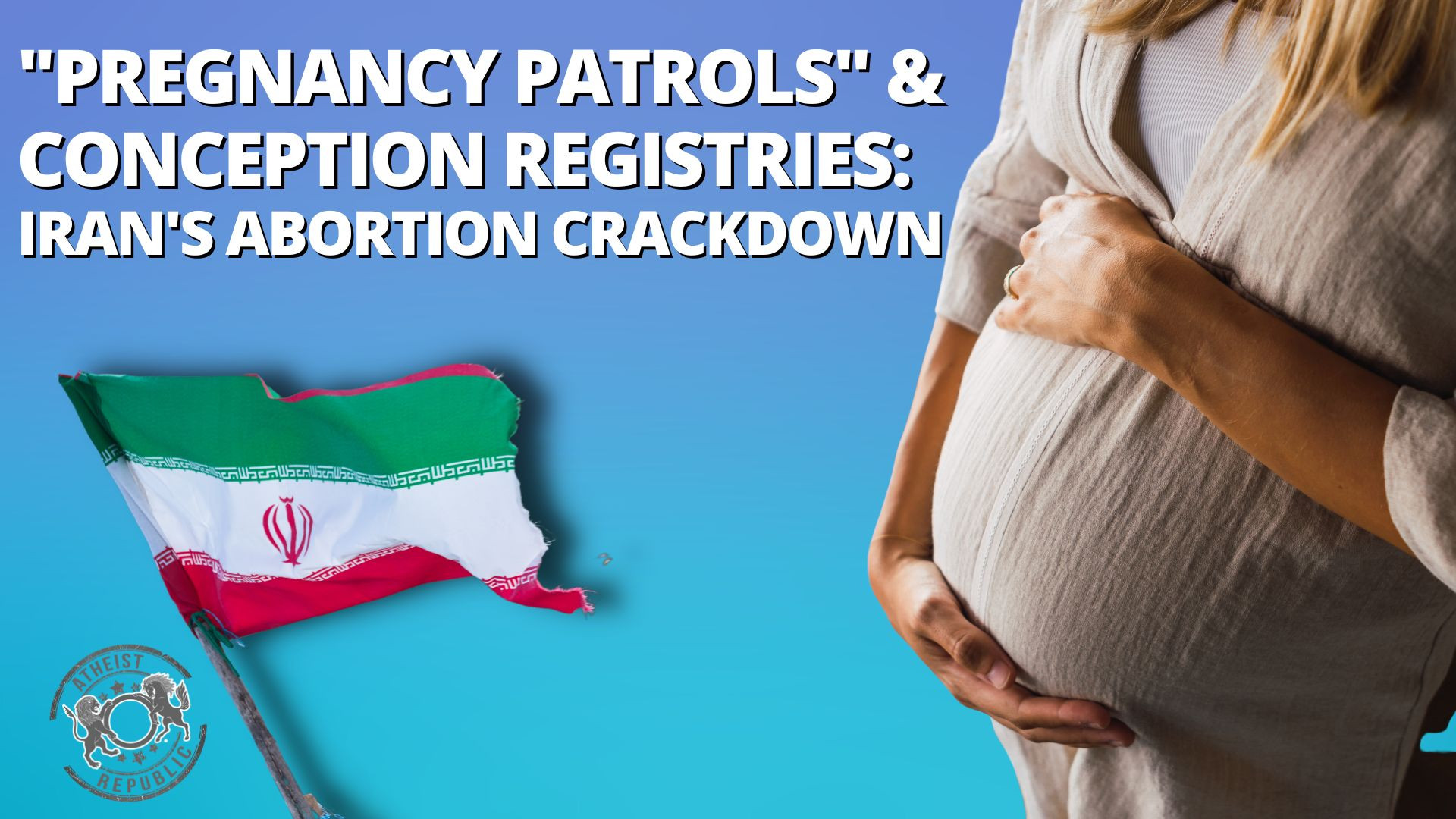
The new law that bans and criminalizes abortion in Iran has caused severe distress. Supreme Leader Ali Khamenei's drastic measures to exponentially increase the population have jeopardized women's lives in Iran.
The Iranian Ministry of Health has tasked several female employees to conduct "Pregnancy Patrols" and obstruct planned medical procedures that might affect the fertility of women undergoing such procedures. With an official and legal permit, these operatives roam the wards of the major hospitals in the country and warn the young women not to go through a hysterectomy, ovary removal, and other similar procedures, regardless of the reason.
The Iranian Health Ministry announced last month that "aiding and abetting" abortions is now a criminal offense. Medical professionals conducting the procedure would be subjected to heavy fines, which can even result in losing their medical license.
Director General of the Health Ministry's Inspection Department, Alireza Rahimnia, has urged the general population to report medical practitioners willing to violate the new law.
Saber Jabberi, the head of the Health Ministry's Youth Population Department, stated, "If a doctor is involved in an intentional abortion, his permit will be revoked, even if it is his first time." Noting that abortions are forbidden in Islamic Sharia Law, also abiding by the country's "Law on Family Protection and Youth" that states, "once a fetus is formed, it is not at the disposal of the father or the mother."
Jabberi recently announced that any woman visiting the hospital for pregnancy-related tests, such as sonography, would have their results and data recorded in the country's new "Comprehensive Pregnancy Registration System."
The registry would add the names of women the moment their results return as positive. Women's rights activist Shiva Nazar Ahari said, "The government justifies this system by claiming that it can provide women with the treatment they need by logging all their information." But in reality, it means "the moment the system learns a woman is pregnant, she will be under surveillance. If she doesn't want it, she'll have to answer to the authorities, and [if she aborts], she will have to prove there was a miscarriage. If she can't, she will have to suffer the consequences."
An Iranian gynecologist thinks that the new law puts women at extreme risk. They added, "Even before these new restrictions, most women, especially those who had fallen pregnant outside wedlock, had to seek a termination through underground medical networks, either from non-specialists in unsanitary locations or by taking drugs that were often counterfeit."
According to official figures, around 600,000 abortions are performed annually in Iran. Many studies have shown that criminalizing abortion and family planning centers would not reduce the number of abortions, and that number would only steadily increase.
The authorities are determined to increase the country's population by all means. Iran's birth rate has fallen sharply amid crippling economic setbacks. The government has banned the import of condoms, vasectomy, contraceptive advertising, and the distribution of contraceptives in health centers across Iran.
Supreme Leader of Iran, Ayatollah Ali Khamenei's nonsensical plans to increase the population of Iran are the cause that led to this disaster. The "Law on Family Protection and Youth" passed last year aims to push Iran's population growth rate. The supreme leader believes that if the population increases, the country can manage itself without the support of other countries.
Khamanei, in one of his speeches, said, "The population of the country is 75 million. I believe that our country, with the capabilities that we have, can have a population of 150 million people. I believe in a large population. Any action that slows or stops population growth should only be done after we reach 150 million people."
